Moringa – the superfood of superfoods! The ‘Miracle’ Tree
When I first heard of the incredible health benefits of Moringa, my jaw dropped. It consistently comes up as one of the most nutrient-dense, antioxidant-laden, medicinal foods on our planet. In fact, it is difficult to find another food richer than Moringa.
In terms of concentration and variation, it comes very close to being a perfect food. Discover how it can help you…
It grows on trees!
The most common species of Moringa tree is Moringa Oleifera (although there are 13 known varieties all belonging to the Moringaceae family). Growing in tropical and subtropical regions, it is commonly referred to as the ‘miracle tree’. It is able to survive in harsh, drought conditions when most other plants would simply die.
Whilst all parts of the tree offer medicinal properties, the leaves can be consumed daily as food, either fresh (should you be lucky enough to have a local Moringa tree) or in dried powder form (ideal to add to smoothies, soups, and salads).
In this article, I’ll touch a few of the most outstanding benefits of this superfood of superfoods.
Moringa leaf powder (which is a concentrated form of the fresh leaves) has been shown to contain:
- 46 types of antioxidants
- 18 amino acids
- 10 times the vitamin A of carrots
- 15 times the potassium of bananas
- 17 times the calcium of cows milk
- 25 times the iron of spinach
World Class Antioxidant Superstar
Moringa is one of the most prolific, natural antioxidant foods known. It is said to contain a whopping 46 antioxidants that prevent the damage of tissue from the action of free radical oxidation in the body.
The combined effect of so many antioxidants makes Moringa’s ability to protect against oxidation and aging far more powerful than individual antioxidants.
Probably the Highest Protein Content of Any Plant Food
Moringa leaves are thought to have the highest protein ratio of any plant-food ever discovered on our planet. They contain up to 40% protein.
According to the USDA, they have all of the 9 essential amino acids (histidine, isoleucine, leucine, lysine, methionine, phenylalanine, threonine, tryptophan, valine). Amino acids are the building blocks of protein. It is said, that the amino acid ratio in Moringa, is very balanced for bio-availability and human absorption.
Extraordinary Cytokinin Levels to Delay the Aging Process
Moringa leaves have been shown to have phenomenally high levels of the cytokinin plant hormones called zeatins and dihyrozeatins.
The zeatin levels in this plant have been shown to be thousands of times higher than most plants ever studied. Cytokinins delay the process of aging in plants. When applied to cultured human cells, they have been shown to delay the aging process too. Zeatin also has specific, powerful, antioxidant properties that protect the skin by increasing the activity of antioxidant enzymes that naturally combat aging.
Lutein Protection for Healthy Eyes
Moringa has outstanding amounts of lutein (a carotenoid vitamin known for promoting healthy eyes and reducing the risk of macular degeneration). The recommended daily amount for the best protective antioxidant activity is 5 – 20 mg for an adult, whilst 100g of fresh leaves contain more than 70 mg.
Reducing Blood Pressure with Beta-Sitosterol
Beta-sitosterol is a plant sterol, which has been shown to reduce blood cholesterol levels whilst also balancing other blood lipid levels.
Prostate Cancer Prevention and All Round Health with Beta-Sitosterol
Plant sterols such as beta-sitosterol have also been shown to beneficially treat prostate enlargement and help reduce the growth of prostate and colon cancer cells.
As if that is not enough, beta-sitosterol also has anti-inflammatory properties, helps balance blood sugar, boosts the immune system, supports the pancreas, helps to heal ulcers and can alleviate cramps.
Healthy Liver and Detoxification with Chlorophyll
Studies show that chlorophyll supports liver function and detoxification of the body. Moringa contains an abundance of chlorophyll, which works synergistically with the other nutrients to help support healthy liver function.
A Strong Anti-inflammatory
Moringa has powerful anti-inflammatory properties, which make it beneficial for a myriad of inflammatory conditions, such as arthritis, joint pain, rheumatism and edema etc.
Antibacterial, Anti-microbial, Anti-fungal and Anti-viral Action
Moringa has been used effectively as an anti-bacterial/microbial/fungal/viral agent. It has been used traditionally to help against urinary tract infections, typhoid, toothache, thrush, warts, parasites, HIV and herpes (to name a few).
From a scientific research perspective of Jed W. Fahey (2005), I quote the following:
Subsequent elegant and very thorough work, published in 1964 as a PhD thesis by Bennie Badgett (a student of the well known chemist Martin Ettlinger), identified a number of glyosylated derivatives of benzyl isothiocyanate (e.g. compounds containing the 6-carbon simple sugar, rhamnose) (8). The identity of these compounds was not available in the referred scientific literature until “re-discovered” 15 years later by Kjaer and co-workers. Seminal reports on the antibiotic activity of the primary rhamnosylated compound then followed, from U Eilert and colleagues in Braunschweig, Germany. They re-isolated and confirmed the identity of 4-(α-L-rhamnopy-ranosyloxy) benzyl glucosinolate and its cognate isothiocyanate and verified the activity of the latter compound against a wide range of bacteria and fungi.
Traditional and folk medicine say a big “YES!” to moringa
I am a big fan of embracing Mother Nature’s gifts to support health. The western world is so desperately in need of scientific evidence for everything, whilst in traditional cultures, they just ‘get on with it’ and know how beneficial the properties of Moringa are, without the need for laboratories. Whilst there is plenty of scientific research out there, I love that people just ‘know’ that it works through personal experience.
According to Jed W. Fahey, in Asia, Africa, and South America, they’ve been using this plant to treat conditions like tuberculosis, headaches, inflammation, cholera, conjunctivitis, chest congestion, asthma, catarrh, bronchitis, anemia, skin infections, sores, intestinal worms, psoriasis, glandular swelling, lactation, skin infections, jaundice, tumours, urinary disorders. In fact, the list seems endless and I am only just scraping the surface here.
Moringa seeds have very special uses too
The oil (not to be consumed internally, without care and supervision) from the seeds has great healing properties when used topically (applied to the skin). The seeds can also be used to purify water (a successful method used in developing countries) and also to remove sea salt from water.
Moringa Powder Recipes
Moringa Energy Balls – 3 Ways!
Here are some delicious ways to use moringa leaf powder in energy balls. I’ve posted several recipes all jam-packed with nutrition here…
Dried moringa powder – the perfect addition to a smoothie
Here is my favourite way to use Moringa powder in a smoothie. It’s difficult to imagine a healthier smoothie! This recipe is absolutely delicious and I highly recommend it…
Moringa Power Smoothie with Maca, Flax, Blueberries & Raspberries
MORINGA DOCUMENTARY FILM (DISCOVERY CHANNEL)
Where to buy your Moringa Powder?
Check out your local health food store for organic moringa powder.
Alternatively, if you can’t find any locally, then check out these Amazon links here:
USA: Pure Vida Organic Moringa Leaf Powder
UK: Sevenhills Organic Moringa
For more information and research about topics covered in this article check out these links:
Research documents on moringa studies from PubMed:
http://www.ncbi.nlm.nih.gov/pubmed?term=moringa%20oleifera
Nutrient content of moringa:
http://miracletrees.org/moringa-doc/nutrient-content-of-moringa-oleifera…
Moringa nutrition (based on fresh leaves):
http://www.themoringa.com/node/3



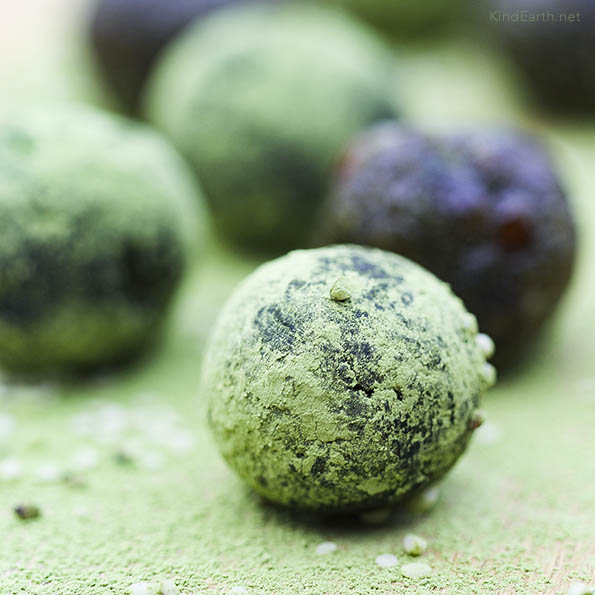
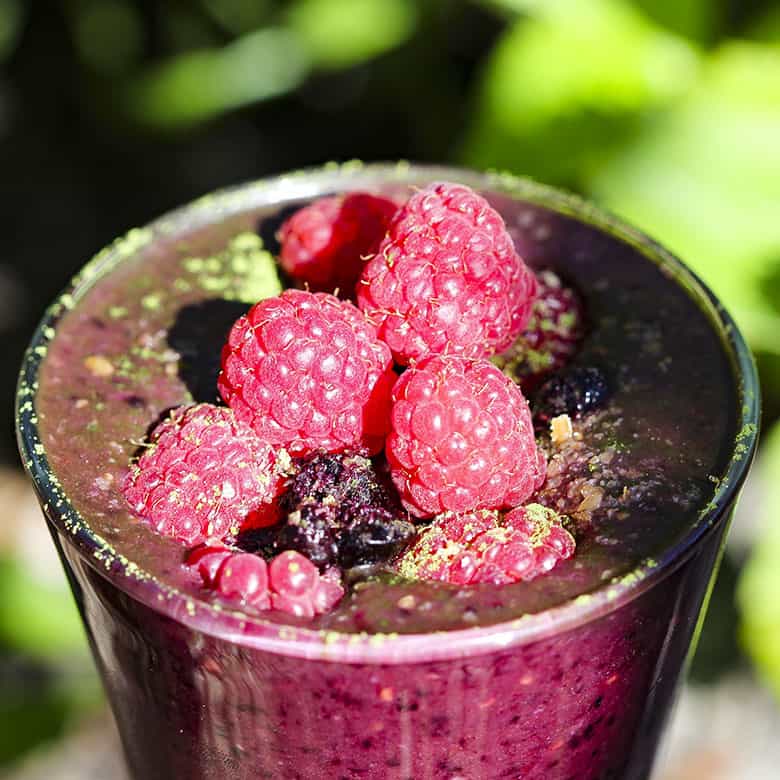
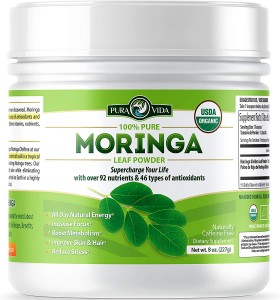
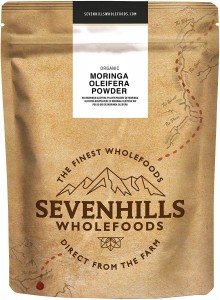
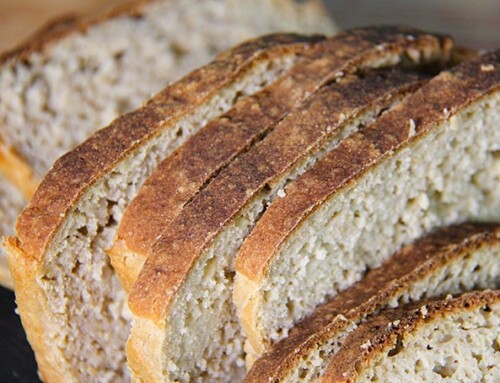


Did I miss where you purchase the dif forms of moringa?
Hi Helen,
You can find moringa trees in tropical and sub-tropical regions. The prefect place to enjoy the fresh leaves. If (like me) you live in a temperate zone, then you can buy the dried powder from any good health food store. If you go to my moringa smoothie recipe, you’ll also see a couple of online links for moringa powder near the bottom.
https://www.kindearth.net/moringa-superfood-smoothie-with-maca-flax-seed-and-tahini/
Wow, just lit up reading this. Thank you! ???
Wonderful to hear that Christine. What a great sign that you are on the right path 🙂
wow.. didn’t know how moringa that beneficial.. we have lot of moringa in Philippines. i remember we used the leaves to cure wounds.. 😊
Excellent post as ever, it’s very helpful thanks for sharing.
Christine, thanks for the information. I spent two years in Hawaii and I never heard of this plant. Thank you.
VERY HELPFUL INFORMATION ABOUT THE USEFULNESS OF MORINGA TREE
Thank you
I never know this tree Moranga was so powerful can I just pick the leaves and chew them how do I make a powder
Thank you for sharing information about moringa.
Can you provide some reference sources on how to use moranga in a daily diet. I had heard about this plant a year ago and was able to obtain some seeds and have now grown my trees to a sufficient size so that harvesting leaves is possible. I would like to know how to include it in a daily diet. The fruit smoothie idea is great (thanks), but I’d like to have a few other recipes. For example: how to use the seed pods.
Thanks for the information.
this tree Moranga was so powerful .it can be used to reduce cost of living and increase in health and also prevents many diseases
MORINGA LEAF POWDER …Simply pick and dry leaves, then “powderize” in mortar or blend dry in a spice mill
Hi I am from west Africa I have a big farm of moringa trying to market is 100% organic
Thanks a million.